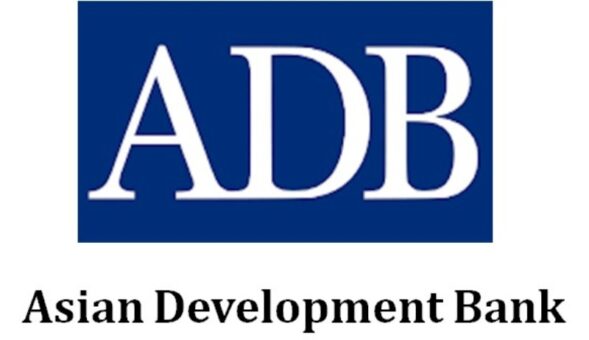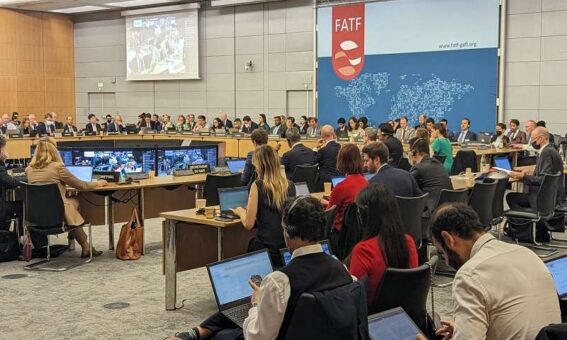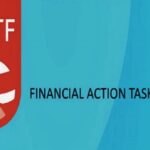KARACHI: Headline inflation based on Consumer Price Index (CPI) likely to increase by 22.7 per cent Year on Year (YoY) in October 2022.
Analysts at Arif Habib Limited expect that October 2022 inflation to settle at 22.7 per cent YoY compared to 9.91 per cent in October 2021 and 23.18 per cent in September 2022, respectively.
READ MORE: Pakistan’s headline inflation rises 23.2% in September 2022
With this, average inflation for first four months of the fiscal year 2022-2023 clocks-in at 24.5 per cent compared to 8.73 per cent in the same months of the previous fiscal year.
The YoY uptick in CPI will likely be led by Food (33.3 per cent YoY), Transport (50.1 per cent YoY), Housing (1.2 per cent YoY), Restaurants & Hotels (30.6 per cent YoY), Household Equipment (25.9 per cent YoY), Recreation & Culture (24.8 per cent YoY), Clothing & Footwear (17.9 per cent YoY) and Miscellaneous (24.7 per cent YoY).
On a Month on Month (MoM) basis, CPI reading is expected to increase 1.5 per cent. This month we expect MoM inflation to remain under pressure mainly on the back of surge in prices of Food items.
READ MORE: Pakistan’s headline inflation hits 47-year high in August 2022
The Food Index is expected to post an increase of 3.3 per cent MoM in October 2022.
As per Sensitive Price Index (SPI) data published by the Pakistan Bureau of Statistics (PBS), increase in average prices of wheat, onions, tomatoes and tea will keep the inflation in-check.
On the contrary, the transportation index is likely to post a decline of 3.9 per cent MoM on account of cut in domestic petroleum product prices.
Moreover, Housing index is expected to post marginal increase of 0.2 per cent MoM, despite quarterly house rent adjustment, mainly due to decline in LPG prices.
READ MORE: Pakistan’s sensitive price inflation surges by 45%
Headline inflation remains elevated while core inflation continues its upward trajectory. However, with high base-effect kicking-in, headline numbers are expected to come down.
On the monetary policy front, the State Bank of Pakistan (SBP) in its latest monetary policy meeting held on Oct 10th, 2022 kept the benchmark policy rate unchanged at 15 per cent.
As per the SBP, this current stance was taken in lieu of a continued deceleration in economic activity as well as a decline detected in headline inflation since the last meeting.
Moreover, the MPC was of the view that the existing rate prudently strikes a balance between maintaining growth post floods and managing inflation.
READ MORE: Pakistan’s sensitive price inflation surges by 37.67%






